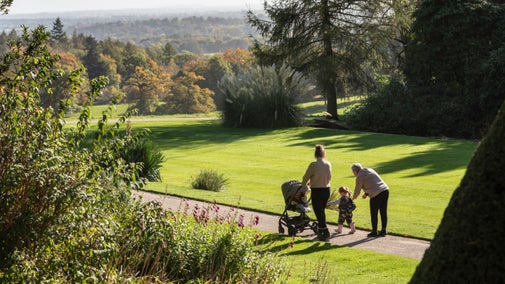
Where will you visit next?
Discover lots of gardens, historic houses, days out at the coast and more.

There are hundreds of gardens and parks you can visit throughout the year. Discover kitchen gardens, orchards and acres of parkland.
Visit the best kitchen gardens around the UK. Growing fresh fruit, vegetables and herbs, these busy kitchen gardens are rich in history, and some of their produce is still served in our cafés.

Take in the sea air at the best coastal gardens we care for and discover the unusual plants and landscaping styles that are typical of these special climates.

Wildlife, woodlands and wide open spaces await when you visit one of these parklands. Walk, cycle, play or simply relax in nature.

Whether you’re on a walk at the coast, countryside or an historic estate, find a café or tea-room to warm up in and refuel.


Discover lots of gardens, historic houses, days out at the coast and more.